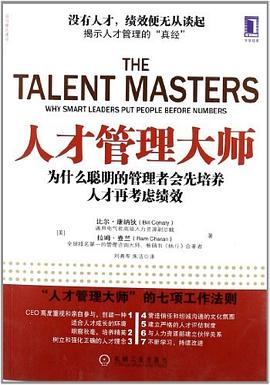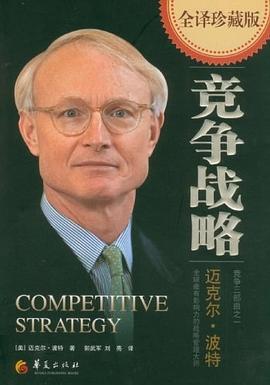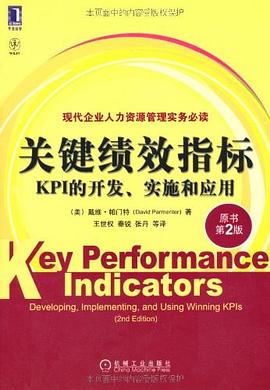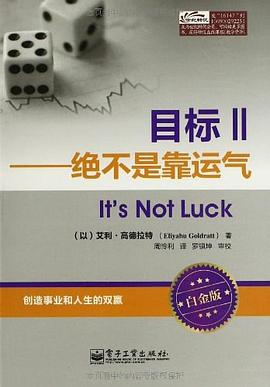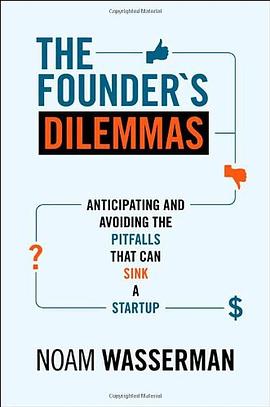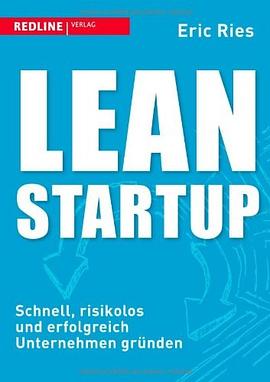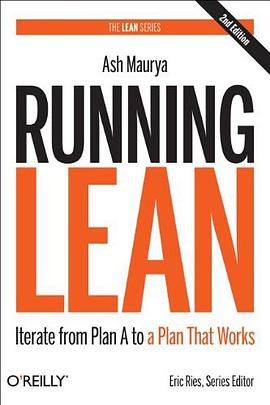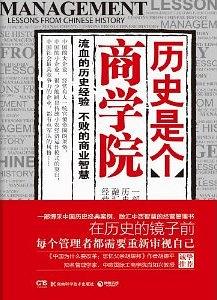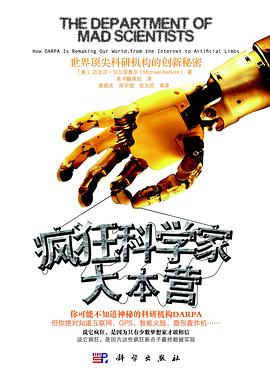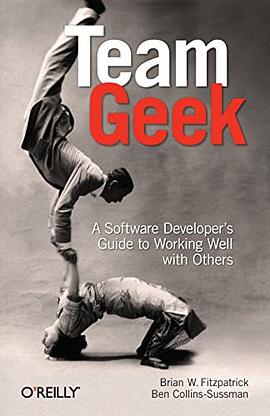

具体描述
As a software engineer, you're great with computer languages, compilers, debuggers, and algorithms. And in a perfect world, those who produce the best code are the most successful. But in our perfectly messy world, success also depends on how you work with people to get your job done. In this highly entertaining book, Brian Fitzpatrick and Ben Collins-Sussman cover basic patterns and anti-patterns for working with other people, teams, and users while trying to develop software. It's valuable information from two respected software engineers whose popular video series, "Working with Poisonous People", has attracted hundreds of thousands of viewers. You'll learn how to deal with imperfect people - those irrational and unpredictable beings - in the course of your work. And you'll discover why playing well with others is at least as important as having great technical skills. By internalizing the techniques in this book, you'll get more software written, be more influential, be happier in your career.
作者简介
Brian Fitzpatrick co-founded Google's Chicago engineering office in 2005, and currently leads several of Google's Chicago engineering efforts, including the Google Affiliate Network. He also started and leads Google's Data Liberation Front, a team that systematically works to make it easy for users to move their data both to and from Google. Lastly, he serves as internal advisor for Google's open source efforts. Prior to joining Google, Brian was a senior software engineer on the version control team at CollabNet, working on Subversion, cvs2svn, and CVS. He has also worked at Apple Computer as a senior engineer in their professional services division, developing both client and web applications for Apple's largest corporate customers. Brian has been an active open source contributor for over twelve years. After years of writing small open source programs and bugfixes, he became a core Subversion developer in 2000, and then the lead developer of the cvs2svn utility. He was nominated as a member of the Apache Software Foundation in 2002 and spent two years as the ASF's VP of Public Relations. He is also a member of the Open Web Foundation. Brian has written numerous articles and given many presentations on a wide variety of subjects from version control to software development, including co-writing "Version Control with Subversion" (now in its second edition) as well as chapters for "Unix in a Nutshell" and "Linux in a Nutshell." Brian has an A.B. in Classics from Loyola University Chicago with a major in Latin, a minor in Greek, and a concentration in Fine Arts and Ceramics. Despite growing up in New Orleans and working for Silicon Valley companies for most of his career, he decided years ago that Chicago was his home and stubbornly refuses to move to California. Ben Collins-Sussman is one of the founding developers of the Subversion version control system, co-authored O'Reilly's "Version Control with Subversion" book as well as chapters for "Unix in a Nutshell" and "Linux in a Nutshell." Ben co-founded Google's engineering office in Chicago, ported Subversion to Google's Bigtable platform, and now leads Google's Project Hosting team. Prior to joining Google, Ben was a senior software engineer on the version control team at CollabNet. He has been an active open source contributor for over twelve years, contributing to numerous open source projects, mostly revolving around version control and online gaming. Ben collects hobbies which tend to explore the tension between art and science. He has given numerous talks about the social challenges of software development and Subversion. He writes interactive fiction games and tools, and was the co-winner of the 15th Annual Interactive Fiction Competition. He has co-authored at least five original musicals and received multiple Jeff Awards for musical theater composition. He has an Extra class FCC license for amateur radio, and also spends time learning DSLR photography and playing bluegrass banjo. Ben is a proud native of Chicago, and holds Bachelor of Science degree from the University of Chicago with a major in Mathematics and minor in Linguistics. He still lives in Chicago with his wife, kids, and cats.
目录信息
读后感
这本书好就好在短,所以注水的量和比例都低。下面是要点摘抄。 天才程序员神话 本章重点:软件开发是一项集体活动。要在工程团队中获得成功,需要根据谦虚、尊重和信任组织自己的行为。 这其实也是全书基石。 不要隐藏自己的工作:克服不安全感,勇于让同事看到未成熟的工作,...
评分其实这本书给自己的收获并不多,原因有二:一是自己看了不少介绍软件工程师团队如何工作的书;二是自己在工作中也在不断思考如何才能更有效率地工作,更好地与同事和领导相处;因此,这本书中介绍的内容对于自己来说没有太多的新意。 新意没有太多,但是倒是有...
评分总结来说,这本书写的是关于团队和社区的事。什么是团队,为什么要HRT。如何培养团队文化。如何领导团队。如何对付不良行为。如何应对组织问题。如何看待用户。整体来说,把程序员代码以外,与人沟通的事写了个纲领。
评分这是一本讲团队的书,当然团队不是一般的团队,而是一帮子Geek组成的团队。这帮人坐在一个屋子里可以当面无话可用IRC聊得热火朝天。 书的结构很清晰 1. 团队很重要,为人要HRT 2. 建设团队文化 3. 怎么做个好老大 4. 对付害群之马 5. 公司政治学 6. 关注用户。其实最后一章和...
评分“软件开发是一项团队运动。如果你想要扬名立万,市面上有无数本教你如何磨练技术水平的好书,教你当好经理的书也不少。但这本书却另辟蹊径,教你应该如何与团队合作,以及如何当好合作伙伴。这个领域早就需要这样一本书了。” —彼得·诺维格,Google研发主管 “如果你想要...
用户评价
非常好的一本书,就像一面镜子 照射出自己的不足。 会发现很多自己和书中很多的反例都很相似.. 整本书都是围绕着HRT 展开 humidity, respect, trust 还是蛮有道理。里面对linux open source team的黑也是无处不在.. 闲暇时间很推荐这本书
评分非常好的一本书,就像一面镜子 照射出自己的不足。 会发现很多自己和书中很多的反例都很相似.. 整本书都是围绕着HRT 展开 humidity, respect, trust 还是蛮有道理。里面对linux open source team的黑也是无处不在.. 闲暇时间很推荐这本书
评分只剩一章不感兴趣的没读了。谈了一些我有疑惑的地方。内容不多,纸质书有中文版,力荐
评分中规中矩,显然Geek只是为了吸引眼球,副标题 A Software Developer's Guide To Work Well with Others更恰当一点
评分没人喜欢办公室政治,但是人在江湖飘,人情世故还是要懂的
相关图书
本站所有内容均为互联网搜索引擎提供的公开搜索信息,本站不存储任何数据与内容,任何内容与数据均与本站无关,如有需要请联系相关搜索引擎包括但不限于百度,google,bing,sogou 等
© 2025 book.wenda123.org All Rights Reserved. 图书目录大全 版权所有

